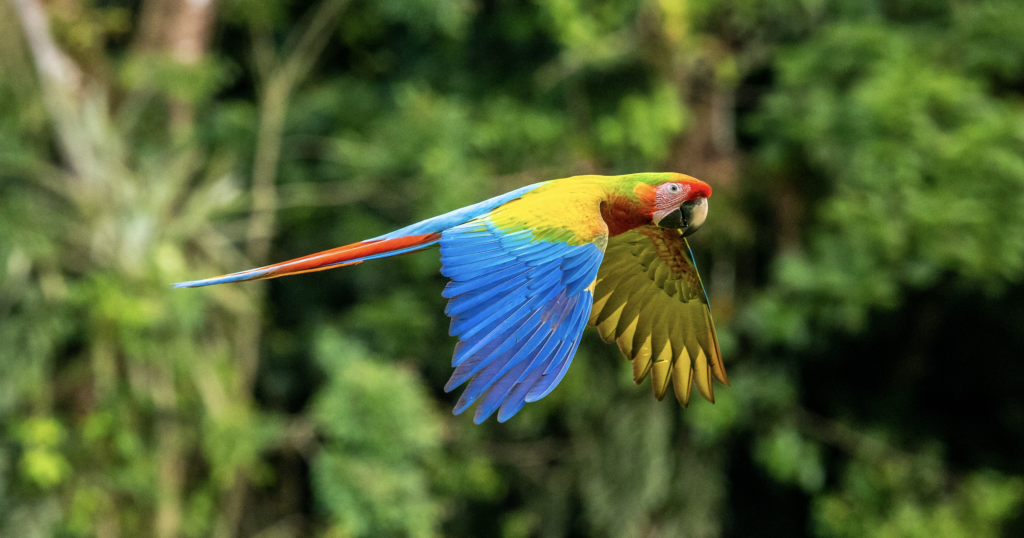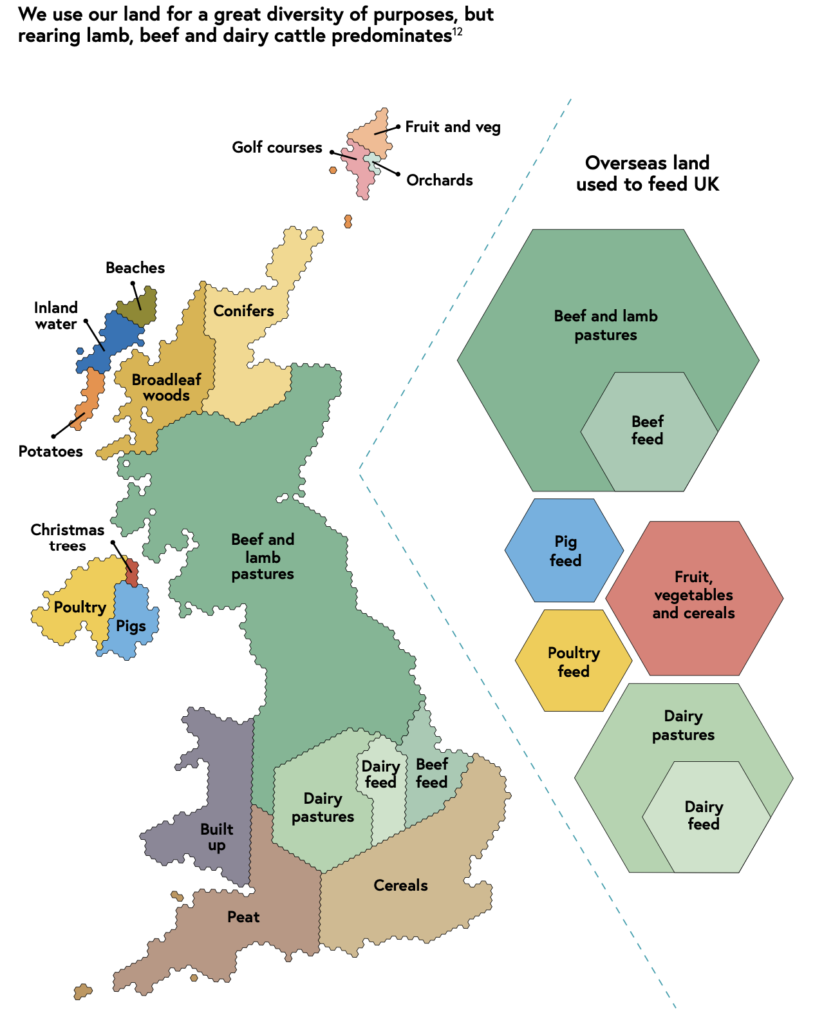
Many scientists now believe that the Amazon is close to a tipping point, after which it would become a savanna rather than a rainforest. Instead of pulling greenhouse gases out of the atmosphere, it will start pumping them into the atmosphere, leading so-called flying rivers – bands of moisture in the air that bring rainfall to the continent – to dry up. “As many as 10,000 species may be at risk of dying off,” reported Bloomberg.
By 2018, as much as 17% of the Amazon rainforest had already been destroyed. According to Time magazine, “scientists believe that the tipping point will be reached at 20% to 25% of deforestation even if climate change is tamed.” Beyond that point, “at least half of the shrinking forest will give way to savanna.”
The rate at which industrial activities are ravaging the Amazon reminds me of Shel Silverstein’s classic 1964 children’s book, The Giving Tree. In the story, a boy plays in a tree and takes its apples to sell. When he becomes a young man, the tree gives its branches for him to build a house. When he is older still, the tree offers its trunk for him to make a boat. Then, when he reaches old age and with nothing else left to give, the tree offers its stump for him to sit upon and rest.
Around the world, from South America to Africa to southeast Asia, the world’s rainforests are under assault. But they are not willingly giving us their treasures and, like the boy in Silverstein’s book, we seem to have no limit to our willingness to take from them.
Yet scientists tell us that the Amazon rainforest might be destroyed in a way far more rapid than the slow, long process of being stripped away like Silverstein’s tree. Rather, they may suddenly reach a point beyond which there is no return – like when ice cream melts into a puddle or when a dam collapses.
The reasons we are unraveling one of the Earth’s great jewels are obvious and well-known even to people who do not consider themselves environmentalists: we clear-cut the hardwood timber and then use the remaining land to raise beef cattle, or to raise the grains to feed cattle. To a lesser extent, parts of the Amazon are cleared for access roads or for oil, gas, and mineral exploitation.
Rainforests Around the World are Endangered
But it’s not just the Amazon that is in danger. In southeast Asia, the islands of Borneo and Sumatra are the only natural homes to the orangutan. They are also the locations of large areas of oil palm plantations. Palm oil is widely viewed as the main driver of forest loss in South Asia.
Malaysia and Indonesia combined currently provide 85% of the world’s supply of palm oil. “Today,” we reported in a previous blog post, “nearly 19 million hectares of land are used around the world to cultivate oil palm trees, an area about the half the size of California or about 90% of the combined size of England and Scotland.”
Palm oil, the world’s most widely consumed vegetable oil, is estimated to be in 50% of everything in a supermarket, from bread, noodles, and margarine, to breakfast cereal and baby formula. “And it’s in not just foods, but other personal consumer goods like toothpaste, shampoo, lotion, soap and lipstick.”
Our supermarkets are full of products that come from rainforests and from land that used to be rainforests, including beef, coffee, maize (and high-fructose corn syrup, which itself is in an astonishing array of products), soybeans, and fruits. Half of the world’s supply of cocoa, the key ingredient in chocolate, comes from the Ivory Coast and Ghana in Africa, but all of chocolate’s other major ingredients, sugar, milk solids, palm oil, and vanilla, are also produced in tropical regions.
It is entirely understandable that local farmers, business leaders, and politicians might turn a blind eye to rainforest deforestation when millions of people make their livings providing these products. It is not just in the Amazon itself where we find the “Amazon paradox” – the fact that some of the world’s most richly endowed places in terms of natural capital and biodiversity are also home to some of the world’s financially poorest people. Frankly, it is unfair to place blame on the producers when the products they make – mostly low value-added commodities like exotic hardwood timber, beef, soy, palm oil, coffee, cacao, crude petroleum and others – are largely for export to far-wealthier countries.
The United Kingdom’s ‘National Food Strategy’, published in July 2021, reported that pasture for “lamb, beef and dairy cattle”, plus “the additional land used to grow feed for these animals… here and abroad, is a bit larger than the entire landmass of Great Britain.” That is, more land in the world is devoted to supplying the UK with lamb, beef, and dairy products than is present in the entire island shared by England, Wales, and Scotland. Some of that ‘overseas land’, of course, is in tropical regions.

Technology Disruptions are Opening New Possibilities to Save the Rainforests
What can be done to save what remains of virgin rainforests and even to allow deforested areas to be allowed to return closer to their previous condition? A recent report by Tony Seba and Dr. Adam Dorr, Rethinking Climate Change: How Humanity Can Choose to Reduce Emissions 90% by 2035 through the Disruption of Energy, Transportation, and Food with Existing Technologies, suggests that just eight key technology disruptions already underway in three sectors of the economy – food, transportation, and energy – will have enormously beneficial impacts on the environment, including the world’s rainforests, in the coming decade.
Solar photovoltaic (PV) panels, wind turbines, and lithium-ion batteries are already shaking up both transport and energy around the world. “Since 2010 alone,” Seba and Dorr write, “solar PV capacity costs have fallen over 80%, onshore wind capacity costs have fallen more than 45%, and lithium-ion battery capacity costs have fallen almost 90%… Incumbent coal, [natural] gas, and nuclear power plants are already unable to compete with new solar and wind installations”. According to them, “the disruption of conventional energy technologies is now inevitable.”
The dramatic fall in battery prices is driving a similar disruption in the global automobile and truck industries. Just as internal combustion engine (ICE) cars rapidly replaced horses as the primary means of transport of people and goods a century ago, electric vehicles (EVs) will rapidly replace ICEs.
“The operating cost of EVs is already lower than ICE vehicles,” Seba and Dorr write. “Because electric drivetrains can last over a million miles… the cost per mile of transport will plunge as the cost of the vehicle is spread over a vastly lengthened lifetime. Even without autonomous technology, EVs are on track to make on-demand transportation cheaper than ICE-based models”.
And if cars and trucks can drive themselves, the number of cars and trucks needed – and the cost of moving people and goods by electric transport would be so low – that the internal combustion vehicle and oil industries would collapse by 2030. As the need for ICE vehicles goes away, so too would the demand for Brazilian sugar that is currently used to make ethanol as a fuel additive.
Dramatic decreases in demand for oil, natural gas, and metals will bring exploration for these resources to a screeching halt in remote and difficult areas like the global rainforests.
The Food Disruption
But perhaps the biggest disruption that will affect global rainforests is from emerging biotechnologies: precision fermentation (PF) and cellular agriculture (CA). California-based company Perfect Day already sells ice cream that contains cow milk proteins produced from microorganisms. They are able to ‘ferment’ cow milk proteins without using any cattle, and therefore need only a fraction of the water, land, and feedstocks to yield the same amount of protein product.
Chicken meat grown without killing a chicken has already been sold commercially in Singapore. Beef substitutes that are virtually identical to animal beef (from an eating sensory perspective) are already on the market. Even fish is in the works. Companies like Berlin-based Bluu Biosciences are developing real salmon meat grown from samples taken from fish that, again, does not require killing the animal and that can be much more efficient in its production than farm-raised or wild-caught equivalents.
All of these products, milk, beef, chicken and the grains needed to feed them, are now primary drivers of rainforest deforestation. But when produced by PFCA, they will no longer be. Even aquaculture salmon raised off the coasts of places like Norway, Scotland, and Canada, are often fed soy raised in tropical areas, using fertilizer made from natural gas. Seba and Dorr estimate that PFCA would liberate an area worldwide equal to the areas of the US, China and Australia combined.
PFCA also holds promise for products that we specifically can only get from tropical regions. Startup companies Cultured Decadence and Voyage Foods are both growing cacao in brewery-like conditions, eliminating the need both for using tropical forests and for using the child labor sometimes employed in the industry.
Scientists at VTT Technical Research Centre in Finland have cultured coffee plant cells, which yielded a powder that “smells and tastes just like regular coffee.” Produced at large scale, cultured coffee would eliminate one of the major drivers of rainforest deforestation.
Companies Sweegen and Conagen have announced a partnership to produce brazzein, a zero-calorie protein ‘500 to 2000 times sweeter than regular sugar’ that is found in certain West African fruit, starting in 2022 “by a proprietary precision fermentation process.”
C16 Biosciences, based in Boston, have made palm oil from precision fermentation. Even fragrances from dried samples of extinct flowers have been reproduced, opening the possibility of artificially making perfumes like oud oil, one of the most expensive raw materials in the world, costing as much as $100,000 per kilogram, as it is produced only by agarwood that has been infected with a rare mold.
All of these forces combined – decreasing demand for things we currently get from rainforests, combined with new ways of producing the things we will still want – offer the possibility of halting and even reversing the impacts we have had on the world’s rainforests.
Policymakers should therefore recognize that the fastest and most effective route to tackling deforestation can be found in accelerating the disruptions of energy, transport and especially food.
